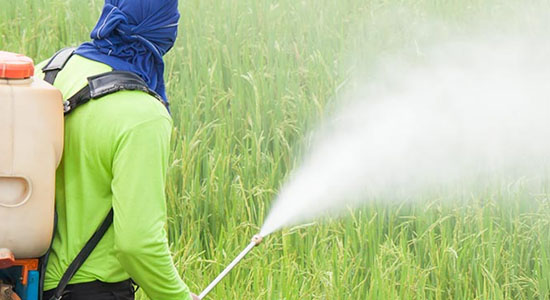A new study suggests that women were less likely to get pregnant if they eat large amounts of fruits and vegetables known to have high levels of pesticide residue, said lead researcher Dr. Jorge Chavarro, an associate professor of nutrition and epidemiology with the Harvard T.H. Chan School of Public Health in Boston.
According to the report, a woman's odds of becoming pregnant increased by 79 percent and her odds of delivering a live birth by 88 percent if once a day she swapped a serving of high-pesticide produce for a fruit or vegetable with less pesticide residue, the researchers found.
Chavarro said. "Buying the organic version of a low-pesticide food like oranges or avocados is not the best way to minimize exposure to pesticides. A reasonable approach would limit exposure to high-pesticide fruits and vegetables like apples or strawberries."
High-pesticide produce includes spinach, strawberries, peppers, grapes, kale, apples and tomatoes, Chavarro said. On the other hand, avocados, beans, onions, plums, cauliflower and oranges typically carry lower levels of pesticide residue.
The researchers found that the women in their study who ate the most pesticide-laced produce were 18 percent less likely to become pregnant and 26 percent less likely to produce a live birth, when compared against women eating fruits and vegetables with the least pesticide exposure.





















